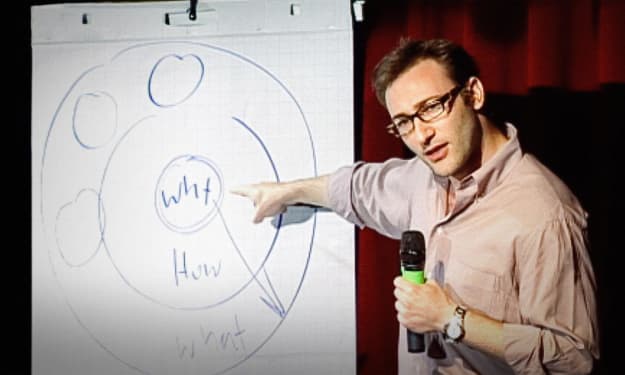Work and Meaning
A Breakdown of a TED Talk with Dan Ariely
What makes us feel good about our work?
Behavioral economist Dan Ariely's third TED Talk outlined a few experiments he conducted to better understand what motivates us as workers.
In the first experiment he explored Meaningful Condition and Sisyphic Condition. People in the Meaningful Condition were asked to build LEGO Bionicles for $3.00 then $2.70 then $2.40 and so on. The completed Bionicles were put away under the table. The average number Bionicles completed in this condition was 11.
Sisyphic Condition refers to work with no sense of completion or progress, in other words, futile work. In the Sisyphic Condition, people were asked to building a Bionicle for $3.00. Once that one was completed, the researchers offered to pay them $2.70 for next, as in the previous Condition. However, as they created the second Bionicle for $2.70, the researchers dismantled the Bionicle they just made in front of them. When they offered the person $2.40 to create another Bionicle, they handed them the first Bionicle which was now in pieces again. On average, the participants built only seven Bionicles in this condition.
In a separate experiment people were told about the above experiment and asked to guess at the outcomes. People guessed the Meaningful Condition participants would make eight while the Sisyphic Condition participants would make seven, leading Ariely to come to this conclusion:
People understand that meaning is important but they don’t understand the magnitude of the importance.
After telling about more experiments he conducted, Ariely related an interesting story about the IKEA effect, which essentially says effort can be beneficial in making people care about the end result. This story revolved around cake mixes rather than furniture but has the same principle.
When cake mixes were first invented in the 1940s and being tested on the target demographic, researchers found the cakes were ultimately unsuccessful. Making a cake was simpler than ever: simply pour out the mix, add water, stir, bake, and serve. The ease did not make its sales popular though. Instead, the cake bakers felt it was truly “their” cake. They hadn’t put enough effort into it to be proud of it. It was the mental equivalent of a store bought cake. The cake mix creators thought it through and tested a new cake mix, one where the bakers had to add the eggs and milk to the mix themselves. That little bit of extra effort made the cake mix a more popular choice because the bakers felt they were a part of the process of making the cake.
By getting people to work harder they actually got them love what they were doing to a higher degree.
Lasty, Ariely discussed the ideas of Adam Smith versus the ideas of Karl Marx. He described it as efficiency versus meaning.
Adam Smith studied how pins were created through a twelve step process. He found productivity could be increased if workers created an assembly line and each worked on one step instead of individuals working on all twelve steps themselves.
Karl Marx argued the efficiency of Smith’s idea was on as important as the meaning the workers found when they created the pin through all twelve steps themselves.
In essence, Smith’s theory produced more pins and disengaged workers while Marx’s theory produced fewer pins and prouder workers.
In the pre-industrial revolution era, Smith’s theory was the better. It made more sense to have workers focus on one step instead of going through the twelve steps of making a pin; it boosted productivity and more pins made.
Ariely argues in our current knowledge economy that efficiency is no longer more important than meaning.
"The good news is that if we added all of those components and thought about them: how do we create our own pride, meaning, motivation, and how do we do it in our workplace and for the employees, I think we could get people to be more productive and happier.”
More of Dan Ariely's work can be found here.
Notable quotes:
People understand that meaning is important but they don’t understand the magnitude of the importance.
Ignoring the performance of people is almost as bad as shredding their effort in front of their eyes.
The good news is that adding motivation doesn’t seem to be so difficult. The bad news is that eliminating motivations seems to be incredibly easy and if we don’t think about it carefully we might overdo it.
By getting people to work harder they actually got them love what they were doing to a higher degree.
The good news is that if we added all of those components and thought about them: how do we create our own pride, meaning, motivation, and how do we do it in our workplace and for the employees, I think we could get people to be more productive and happier.
About the Creator
Emily Grace Gill
Recent college graduate trying to process life and have fun along the way.






Comments
There are no comments for this story
Be the first to respond and start the conversation.